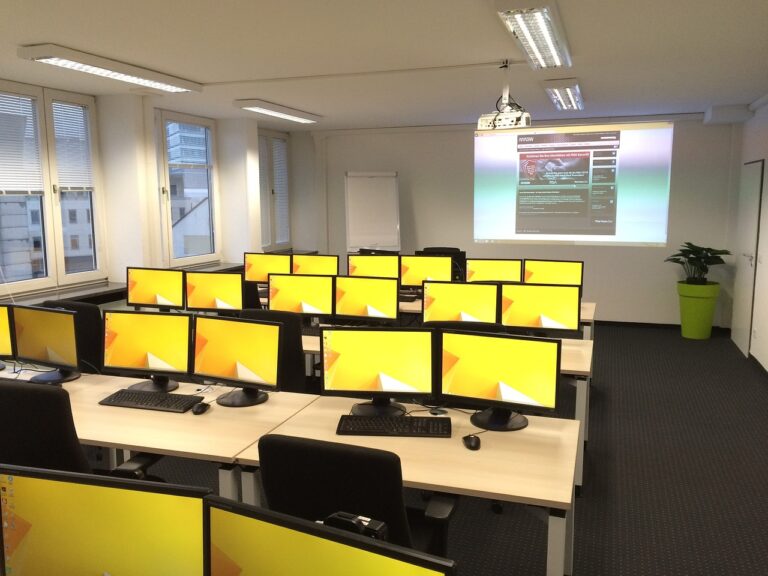Analyzing the Impact of Socioeconomic Factors on Access to Career Counseling
Career counseling plays a crucial role in guiding individuals towards fulfilling and successful career paths. However, accessibility to such services can be significantly influenced by socioeconomic factors. Lower-income individuals often face challenges in accessing career counseling due to financial constraints. The cost associated with career counseling services, as well as transportation and time commitments, can act as barriers for those from disadvantaged socioeconomic backgrounds.
Moreover, the location of career counseling centers and the availability of resources in different areas can also impact accessibility. Low-income individuals residing in underserved communities may have limited options when it comes to career counseling services. This lack of accessibility can further perpetuate inequality in career opportunities and hinder the social mobility of those who are already economically disadvantaged.
Inequality in Career Counseling Resources Based on Socioeconomic Status
Low-income individuals often encounter barriers when seeking access to career counseling services, primarily due to the disparity in available resources based on socioeconomic status. The lack of financial means can hinder their ability to pay for counseling sessions or seek guidance from qualified career counselors. As a result, these individuals may not have the same opportunities for career development and exploration as their more affluent counterparts.
Moreover, the locations of career counseling centers and services are often concentrated in areas with higher socioeconomic status, further exacerbating the inequality in access. Low-income individuals residing in disadvantaged neighborhoods may face challenges in reaching these centers due to transportation limitations or lack of awareness about available resources. This unequal distribution of career counseling resources based on socioeconomic status perpetuates the cycle of poverty and limits opportunities for individuals to improve their employment prospects and socio-economic mobility.
Challenges Faced by Low-Income Individuals in Accessing Career Counseling
Low-income individuals often face significant challenges when it comes to accessing career counseling services. One of the main obstacles is the cost associated with professional career guidance, as many low-income individuals may struggle to afford private counseling services. This financial barrier can prevent them from receiving the valuable advice and support needed to make informed career decisions and pursue their professional goals effectively.
In addition to financial constraints, low-income individuals may also encounter difficulties in accessing career counseling due to limited availability of free or subsidized services in their communities. This lack of accessible resources can further exacerbate the inequality in career development opportunities between individuals from different socioeconomic backgrounds. As a result, many low-income individuals may find themselves at a disadvantage in navigating the complex job market and planning for their future career paths.
• Limited affordability of professional career guidance services
• Financial barrier preventing access to valuable advice and support
• Inequality in career development opportunities due to lack of free or subsidized services
• Difficulty navigating the job market and planning for future career paths
Why is socioeconomic status a significant factor in accessing career counseling?
Socioeconomic status can impact an individual’s ability to afford career counseling services and access to resources that are essential for career development.
How does inequality in career counseling resources affect low-income individuals?
Low-income individuals may have limited access to quality career counseling services, which can hinder their ability to explore career options and make informed decisions about their future.
What are some common challenges faced by low-income individuals in accessing career counseling?
Some common challenges include affordability of services, lack of awareness about available resources, and limited access to technology and information needed for career exploration.
How can society address the barriers faced by low-income individuals in accessing career counseling?
Society can work towards providing more affordable and accessible career counseling services, increasing awareness about available resources, and implementing programs that specifically target low-income individuals for career development support.
Are there any organizations or programs that specifically cater to low-income individuals in need of career counseling?
Yes, there are non-profit organizations and government programs that offer free or low-cost career counseling services to individuals from low-income backgrounds. It is recommended to research and reach out to these organizations for assistance.







